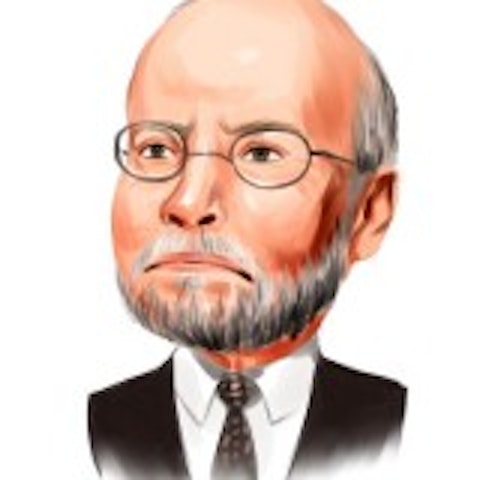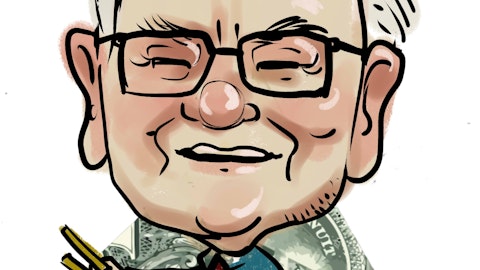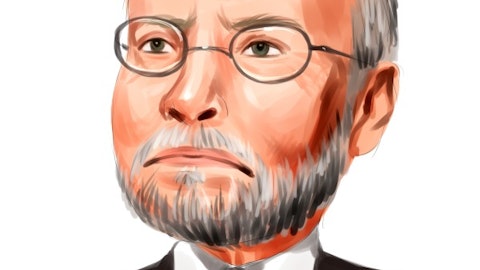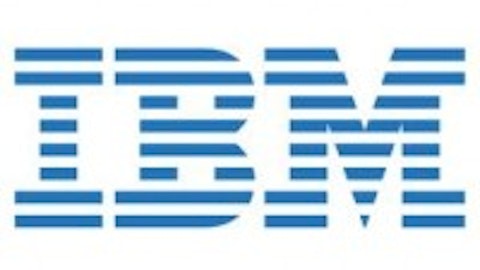We have been tracking 13F filings from hedge funds and other notable investors as they come in and reveal many of these market players’ long equity positions as of the end of December. Despite the delay, we have found that 13Fs can actually be mined for valuable information. For example, the most popular small cap stocks among hedge funds have, on average, outperformed the S&P 500 by 18 percentage points per year (read more about imitating hedge funds’ small cap picks). Investors can also interpret filings as a list of stock picks, similar to what one would get from interviewing a top investor. Of course, blindly imitating fund managers might not be wise, but the included names can still be considered as potential investments.
Paul Singer, now a billionaire, founded Elliott Management in 1977. It now has about $15 billion in assets under management. Elliott occasionally engages in activism against underperforming companies or those which it believes could be managed more effectively. Read on to see some moves the fund made in its portfolio in the fourth quarter of 2012 and research Singer’s previous filings.

Diversifying in data storage. Elliott sold almost half of its shares of Brocade Communications Systems, Inc. (NASDAQ:BRCD) but bought shares of NetApp Inc. (NASDAQ:NTAP); both companies focus on products related to storage area networking. The fund now owns about 15 million and 2 million shares of the respective companies (note that NetApp’s stock price is about six times that of Brocade). Both companies have reported their results for the fiscal quarter ending in January, with modest revenue growth compared to the same period in the previous fiscal year in both cases (though Netapp did experience a strong improvement on the bottom line). The sell-side is more bullish on Brocade, which carries a forward P/E multiple of 8 and a five-year PEG ratio of less than 1 as opposed to Netapp’s forward earnings multiple of 14.
Singer also liked a small-cap banking stock:
National Bank Holdings. The fund initiated a position of 3.8 million shares in National Bank Holdings Corp (NYSE:NBHC), a $960 million market cap holding company whose banks are based in Colorado and in the Kansas City area. National Bank Holdings went public in September 2012, and is down slightly from where it traded shortly after the IPO. Profits are low, despite significant revenue growth last quarter compared to the fourth quarter of 2011. Analyst consensus is for 39 cents per share of earnings this year, which implies a current-year P/E of 47, and then for much higher earnings in 2014. While National Bank Holdings is certainly not a good value in terms of earnings metrics, it does trade at a small discount to book value with a P/B ratio of 0.9.
This indicates that the management of National Bank Holdings is not doing well at monetizing the company’s assets, and we think we would avoid the stock for now. We also think that Compuware’s current price is too high for a value investor, at least until it has executed its moves. Brocade and NetApp seem priced more attractively assuming they can stay in line with analyst expectations, and might be good stocks to watch over the next few months.
Disclosure: I own no shares of any stocks mentioned in this article.





